Hannah Anderson has graced her reading public for years with beautifully written reflections concerning essential virtues and how we cultivate those in our lives. Likened to Annie Dillard, Hannah writes masterfully of both the interior world and its counterpart around us, deftly creating bridges between the work of the soul and the work of our hands. Author of Made for More, Humble Roots, and All That’s Good, she now offers us a new book, Turning of Days, a set of essays that seem to have been specifically written for Cultivating as it relates to the seasons, the garden, and the well-tended soul. It is a great joy to interview Hannah and to share this conversation with you.
Calling and choosing
LES: What would you describe as the call on your life? How does that call influence the way you choose to cultivate what you do with your whole life?
HA: I define vocation as “the life God has called you to” which is pretty broad, but it’s important to understanding how I think about my writing, especially within the scope of everything else I’m called to. Part of my call is tied up in the place and people that God has given me, but it’s also lived out in unique ways based on how God has formed me, my capacities, and my desires. Who we are cannot be separated from what we’re called to do.
So the long answer to your short question is that I believe I’m called to the work of writing in the way E. B. White defines it: as a kind of stewardship of goodness. In an interview with The Paris Review in 1969, White says that he feels “charged with the safekeeping of all unexpected items of worldly or unworldly enchantment” and that part of the work of a writer is to “reflect and interpret his society, his world… [and] also provide inspiration and guidance and challenge.”
I understand my particular call to be the work of recognizing and communicating goodness in a way that allows others to recognize it too. This sometimes involves helping them see where goodness is lacking (and why), but ultimately, I consider myself tasked with keep my eyes open, watching for goodness, and then drawing other people’s attention to it so they can see it, too. Writing and teaching are the ways I’ve been gifted to do this.
LES: Would you share with us a little about what led you to become a writer? Were you always drawn to writing or did it emerge later unlooked for?
HA: It was definitely unlooked for and even overlooked. But once I began to move toward it, it became so obvious that I still feel a level of embarrassment at having missed it. It wasn’t until my early thirties that I first began to entertain the work of writing, so despite having a body of published work today, I still feel like I’m playing catch up.
The ironic thing is that I’ve always loved books. I’ve always been an avid reader and even worked my way through college in a library. But I never thought of myself as a writer. My senior year of college, I took my one and only writing class which was a class in critical writing designed to teach students how to assess information and craft a written argument. I was doing well in the class but didn’t think anything of it other than that I was enjoying it. Then one day, the professor addressed the class about our grades and gently suggested that those getting grades below a certain threshold should rethink their plans to work as a writer. My immediate thought was, “People are making plans to work as writers?!?!”
Fast forward a decade and I still hadn’t put two and two together. But then when my youngest child was hitting the toddler years, and I was hitting a wall, I found writing. It started simply enough with just wanting to join conversation and invite others into conversation with me. At the time, the primary mode of communication was rapidly shifting to expression online which was based in writing more than speaking or image. As I began to write, I found I wanted to write more. As readers found my writing, they confirmed that it was worth my time and effort. And then within a few short years, I found myself a published author.
But I tell folks all the time that publishing a book was never my goal. Writing and communicating ideas is what drives me, and books are one of the best ways I can do that. I do love the work of writing, though. I love finding the best word, the best illustration, the best approach to connect and communicate with my readers.
Cultivating a writer’s life
LES: One of the things I dearly love about your books, Hannah, is the way you create the portraits of your husband Nathan and give protective glimpses of your three children. (I also love your dry asides and the way you give a kind of wink to the readers in your introductions.) It is very clear from the way you write that you live in context of deep-rooted community. Your persona emerges in your writing always in context of these others, especially Nathan. With all the complex elements of marriage, parenting, pastoring, and tending a particular place, how do you and Nathan create the space and cultivate it for your life as a writer? Is there overlap in your roles as pastors with your work as writer?
HA: If I had to define the connection, I’d say that that my lived experience makes me a better writer and vice versa. I don’t mean simply that life gives me good illustrations or allows me to work out ideas—although it does—but that I’m doing my best to live an integrated life. I’m doing my best to live a holistic vocation, not a set of hermetically sealed ones. So where does being a mother end and a writer begin? I honestly don’t know, and I don’t have much interest in finding out. All of this is Hannah Anderson. All of this is my calling.
But, on the flip side, this approach also means that a disruption in one area of my life can have ripple effects in the others. About a year ago, Nathan and I transitioned out of leadership of the small church that had been our family’s primary place of ministry for the last eight years. It was the end of a season, and we were content that God was bringing it to an end. But completely unexpectedly, I found myself thinking, “I can’t write anymore! I have nothing to say!”
Of course, that wasn’t and isn’t true, but it highlighted for me how integrated my callings had become. A shift in one facet—place, focus, community—affected the whole, and it took me a while to find my feet again. So yes, my sense of being a writer and my writing is very tightly tied to the life I’ve been given. I believe that my work and my relationships come from the same hand and that I’m not making them so much as living into them.
Daisy chains and connected messages
LES: There are themes deep woven through out your books, and while each book can stand alone, they also tie in some way each to the next. Made for More, Humble Roots, All That’s Good, and Turning of Days, each have a kind of daisy chain element – something deep and beautiful that binds them together. Image and Identity, Humility and Rest, Discernment and Power, Listening and Becoming. Among several threads of theme, one is the role of tending and of sustaining what is inherently good. That theme reflects the voice of someone who is a gardener and a dyed-in-the-wool cultivator. Is there a connection for you between gardening and writing? How do these two practices influence each other in your own life?
HA: I love this. Yes, I am a cultivator. I want to find and foster all that’s good in this life. As my dad always said, I want to “leave a place better than when I found it.” I think this is somewhat different from being an idealist, although I have a strong idealist streak in me.
A cultivator is not concerned with reaching perfection so much as simply bringing more goodness into the world.
It’s more of a trajectory than an ultimate end. And gardening will teach you about that more quickly than most anything I can think of.
Here’s one thing it has taught me: Cultivating goodness happens in partnership with a lot of forces outside of your control. Your work is necessary, but it’s only part of the equation. Sometimes you’ll end up reaping a harvest beyond what you actually worked for. And sometimes you’ll reap less than you expected your work to achieve. But goodness is always there. Life will always press through. It’s mysterious and uncontrollable and beautiful, and we’re just lucky enough to get to be part of it.
LES: Hannah, you took a departure of style, in the way you wrote Turning of Days, opting to write shorter essays that can be read singly and pondered or read in full sequence. This approach offers your readers a more reflective experience in the way Turning of Days is presented. In the making of this set of essays, what did you especially love about writing Turning of Days?
HA: Turning of Days gave me the opportunity to write a bit more freely and from a place of memory and affection. My other books are more didactic, although I try to communicate in a holistic way even as I’m teaching. But with this book, the point isn’t simply to communicate an idea. I’m not trying to convince readers of the logic or importance of natural revelation. I’m trying to invite them into a particular way of being in the world. I want to model the possibility of a life of observation, wonder, and awe.
The decision to structure Turning of Days as a series of essays came from the same place. Nature itself has a rhythmic, cyclical shape. (We do as well although we often overlook it.) The essay structure allowed me to repeat the same pattern of observation and connection over and over again, both through the seasons but also through the length of the book. I don’t expect readers to read straight through the essays in one sitting. Instead, I hope that they feel free to pick the book up and put it down and pick it up again. That kind of persistent back and forth mimics some of what I hope they’ll discover in the natural world. A rhythm that also exists in our habits and liturgies of faith.
Sacrifice of choice
LES: The sacrifice of cultivating is predicated on the fact that in choosing to cultivate anything, other things must be let go of, abandoned, and forsaken. Like getting married and saying no to all possibilities of not only other spouses but of other lives, other children, when we cast our lot in with one person, one field, one garden, one life, we say no to all the others. The sacrifice of choosing is something every gardener knows. And every writer. It is a kind of invisible pruning, a life-editing, if you will. As someone who has been making these sacrifices for years, do you find that discerning what to choose and what to let go of gets any easier with practice?
HA: I am so easily inspired. I can see so many possibilities for goodness in so many different directions that I often struggle to settle on one particular path. But I’ve also learned what happens when I don’t. So the process of letting go of certain paths is still very hard for me, but each year, I understand the importance of it a bit more. I’m also learning that choosing to take a certain path now doesn’t mean that another path is closed forever. I’m learning to think in seasons and cycles. So I don’t plant a certain crop this year? Maybe I’ll plant it another year. For some things, it might just be a matter of timing.
LES: When you have finished a long work of producing a book and sent it out into the world, is there a down period for you afterward of being drained and emptied out? How do you best refill and restore after a period of intense productivity? What do you most need to recover?
HA: Yes, and I think this is a natural period for many different types of creative work. In fact, I’ve heard some folks observe that this period is similar to what mothers experience in the first few months after giving birth. (A friend of mine once called it the 4th trimester.)
But nature also reflects similar cycles, at least here in southwest Virginia. For us, winter is a natural time of dormancy, rest, and strangely enough, renewal. We don’t think of winter as a time of renewal because everything seems dead. But it’s in these sabbath days that the vital work of rest and decomposition are happening. But I’ll be honest here: I’m a doer. I have a hard time sitting still so even when I’m in a period of dormancy, I struggle to give myself to it. I can know with every ounce of my being that a particular season is a necessary season of rest and still chafe at it.
So I have to build in external support to make sure I have room for recovery and rest. It often involves time away from social media and taking on projects that tap into a completely different set of resources than those that my writing draws from. I’ll do more physical work and tackle things around the house that I’ve put off. I’ll often reconnect with friends (who sadly, I’ve probably neglected in the months I was invested in a writing project) and give myself permission to put an “out of office” reply on my email for days or even weeks. That alone is restorative.
The Good Earth
LES: You use a term in your writing that these days seems to have lost much of its real meaning, “the good earth.” With media commenting on all the things wrong with the planet, and with millions of people so detached from any direct living connection to the natural world, the idea of the good earth gets further and further removed from our daily awareness. Many people cannot remember either what is good or cannot believe that the Earth is itself good. How do we begin to restore the meaning of “the good earth” to people who have lost that understanding or experience?
HA: Like so many things, recovering an understanding of the earth as “good” happens at multiple levels and in multiple ways at the same time. For people of faith, there’s a theological dimension; we must simply accept what the Scripture teaches: God created the world and declares it “good.” Obviously, the world, like us, is groaning under the weight of brokenness, but its inherent goodness persists. There is a value and beauty and glory to God’s creation.
But if we’re not intentional, believing that the earth is good can remain a matter of head knowledge. Something that is detached and distanced and theoretical. We must also experience the goodness of the earth; we observe and participate in its goodness. There’s a catch here, though: In many ways, we’re already participating in the goodness of creation; we just don’t have eyes to see it. In modernity, we’ve lost a lexicon or categories for defining its goodness.
So a significant part of the work is simply recovering the necessary paradigms. We need to learn about how the earth’s cycles feed us—and not the grocery store. We must pay attention to the interdependence of bee and flower and fruit. We must look for the order and logic and wonder that, although stymied, is still present and productive. This is a work of education and re-enchantment.
Cultivating soil and souls
LES: One of my favourite points in Turning of Days is where you discuss the cultivation of soil.
“The good news about soil – even poor soil – is that it can be cultivated. You may not be able to control the kind of ground you inherit, but you can control what you do with it. The good news about those who’ve been made from the earth is that we too can be cultivated.”
Soil requires such care! Rocks, debris, weeds, tree roots, all have to be removed to clear land before it can be planted with cultivated crops. While soil often doesn’t need any amending to grow what is local and wild, most soil does need to be amended to make it habitable for the plants we most desire or need to grow. There may not be a metaphor more fitting for the human being than cultivating the soil. We are made of the very elements which we are called to tend. Soil. As gardeners and farmers, we know the essentials of cultivating the soil. As cultivators of human beings, what do you see as basics in cultivating the soil of the soul?
HA: I think the most fundamental thing is to understand what soil is and what it does—what is the goal and purpose of soil. Because we have very different responses to soil that’s in the garden and soil that’s tracked across our kitchen floor. The difference, of course, is not in the soil but in how we perceive it based on context and our own goals for it. So the very first thing to cultivating human beings is gaining a deep appreciation for the potential of our lives, the untapped goodness and life that is bound up in human beings despite everything.
And once you have this frame of reference, you also have a reason and desire to do the hard work of cultivating and investing in people rather than just sweeping them aside or seeing them as a nuisance. Obviously, all soil requires basic things just as all people do. And healthy soil has universal quality to it just as healthy people do. But soil is also unique in its geography and consequently, the kinds of plants that grow in it. So there’s also a bit of diversity here—what’s unique about this particular person? What properties need to be drawn out? Where are there natural imbalances? What will they be able to grow that someone else won’t? That work requires knowledge, not just of soil or people in general, but knowledge of your particular place and the particularity of the individual.
Send the flowers!
LES: I loved Turning of Days from its opening pages but confess that I wept in the chapter about flowers. I have flowers that I cannot imagine living without and consider close friends, others that are passing acquaintances. Do you have favourites that you love to keep company with?
HA: I find that I love different flowers for different reasons. I love peonies for their indulgence, and I love violets for their faithfulness. They always show up without ever being asked. I love lilacs because their smell is unmistakable—they are so completely and unapologetically themselves. And I love Queen Anne’s lace because it was the first flower I could identify all on my own. Each evokes something slightly different for me, beyond just visual or olfactory satisfaction.
Cultivating Kairos
LES: I am grateful, Hannah, for your bold way of stating,
“God is not a utilitarian. To Him, the length of a life is no measure of its worth; the brevity of a life, no measure of its value.”
Flowers, for all the brevity of their presence with us in season, speak most irresistibly of Home and the deep, deep goodness of our Maker. Without words they declare the reality of Kairos time – which means appointed time or due season. And every time we grow them, buy them, paint them, or press them, we are bringing the declaration of where we came from and where we are going into our present place and time.
If flowers bear witness to the flourishing in due season, how do we as moderns learn to cultivate and enter the rhythm of Kairos time, something the ancients understood far better than we do? On a daily basis, how can we live more rooted in a kind of time that is bigger than the Chronos time we measure on watches?
HA: Goodness, isn’t this just the struggle of modernity? The tyranny of the immediate and all of our fears of missing out?
For me, a significant part of wrestling with chronos has been learning to think generationally, that I am entering time in a particular place and moment and that what I do with these particular moments has already been shaped by what came before and is shaping what will come after. This alleviates the burden of thinking of life as a race against the clock—that I have to accomplish certain things before certain checkpoints.
Instead, I ask myself what role am I called to—why did God place me in this particular moment, in this particular space, with these particular people? And suddenly kairos breaks through because my sense of self and vocation is taking shape in a larger narrative. I’m evaluating time in light of the work of Providence, not simply the length of my own life.
Practically, this means living my life with a curiosity and expectation. Curiosity about how the story’s going to unfold and expectation that there is a story. And I find this gives me a measure of patience to wait for things to come together. The calendar is no longer dictating certain milestones; the elements are. The risk, of course, is that things won’t actually come together in due season, that you’ll stand there like a fool waiting for something that isn’t coming. And while you’re waiting, you’ll miss the opportunities that pass you by.
But I know that jumping too early is such as dangerous as jumping too late and so I try not to think this way. And I also try not to indulge in regret which has an inherent chronos quality about it. Regret happens when we look back through chronos trying to find the kairos moments that we missed and would have changed the course of our lives. But I’m not sure that’s how it works. Providence allows us to look back through chrono and see the hand of God in bringing kairos moments together. Hope looks forward through chronos and knows that there are more kairos moments yet to come.
Plant & pruning
LES: In these few words you capture in the core of being a cultivator.
“In spite of the unpredictability of harvest, or maybe because of it, you plant anyway, faithfully tending and surrendering yourself to nature’s whims.”
If there is single quality that marks someone as a Cultivator, it is that we plant, nurture, defend and keep, not in ideal conditions, but in the absence of them. We plant when harvest is not certain, when we face loss and hardship, when our hearts are breaking, when our strength is fading, when other gardens seem to flourish while ours seems to struggle. We plant anyway.
Essential in the life and work of a cultivator is a practice that comes after planting. It causes many of us to wince, even when we understand the sound reasons for doing it. Pruning. You describe Nathan pruning your trees and the deep underlying motive it is rooted in.
“… like any good gardener, he cares more about flourishing of the tree than sentimentality. He knows that failure to prune is failure to care… Flourishing is not a race.”
The purpose behind pruning seems utterly counterintuitive to the practice – to foster lasting fruitfulness. It is an act of almost incomprehensible love. And faith.
Have you found anything that we might cultivate in ourselves to help deepen trust while submitting to pruning? Or strengthen us when we are the ones who must execute the pruning?
HA: Patience. Nathan and I recently went through a season of pruning and the thing that I kept praying for was the patience to let the process play out. We knew that we were entering the season, knew that it would be hard—but we didn’t know how long it would last and what exactly would be stripped from us. So as we entered it, I found myself praying for the patience to finish to the end, to not short-circuit whatever work that God was doing. I prayed that I would stay in the season and submit to it. We’re not completely out of that season yet, but I believe that God’s answered that prayer. And he did it by offering small signs of his care through the length of the process. Just enough here, and just enough there to reassure me that he had not abandoned us and that the work that he was doing had a larger purpose.
Benediction
LES: The steady and constant thread that is woven through all your works, Hannah, concerns the inherent goodness of God and that His goodness will prevail over evil. You closed All That’s Good with the chapter titled “Benediction” and this verse. What has benediction and the role of Philippians 4.8-9 been in your life?
HA: Philippians 4.8-9 has becomes something of a Rule of Life for me—a way to shape my habits, hopes, and desires. It reminds me that there is so much goodness to be found that I could spend all of my time just searching for it. This isn’t garden-variety optimism though. It’s a deep-seated hope in the power of God to overcome evil. It’s a kind of abundance mindset rooted in resurrection and restoration that changes the way you move through life. It’s an invitation and permission to seek and find.
In this season, I can’t help but think of children’s Easter egg hunts and that moment when the children are free to go search for them. So I think of Benediction this way as well—it’s the “good word” that unleashes into a life of goodness, both searching for it but also creating and fostering it. I really long for this word now, especially in worship or when our family heads into the various tasks of the day. It’s a blessing on the pursuit of blessing—both finding it and being it.
The featured image of Hannah Anderson is courtesy of Zach Decker.
The image of the Japanese Peony is courtesy of Lancia E. Smith and used with her glad permission for Cultivating and The Cultivating Project.
For further exploration with Hannah Anderson, enjoy this splendid podcast interview hosted by Jonathan Rogers.
Lancia E. Smith is an author, photographer, business owner, and publisher. She is the founder and publisher of Cultivating Oaks Press, LLC, and the Executive Director of The Cultivating Project, the fellowship who create content for Cultivating Magazine. She has been honoured to serve in executive management, church leadership, school boards, and Art & Faith organizations over 35 years.
Now empty nesters, Lancia & her husband Peter make their home in the Black Forest of Colorado, keeping company with 200 Ponderosa Pine trees, a herd of mule deer, an ever expanding library, and two beautiful black cats. Lancia loves land reclamation, website and print design, beautiful typography, road trips, being read aloud to by Peter, and cherishes the works of C.S. Lewis, J.R.R. Tolkien, and George MacDonald. She lives with daily wonder of the mercies of the Triune God and constant gratitude for the beloved company of Cultivators.
Leave a Reply
A Field Guide to Cultivating ~ Essentials to Cultivating a Whole Life, Rooted in Christ, and Flourishing in Fellowship
Enjoy our gift to you as our Welcome to Cultivating! Discover the purpose of The Cultivating Project, and how you might find a "What, you too?" experience here with this fellowship of makers!
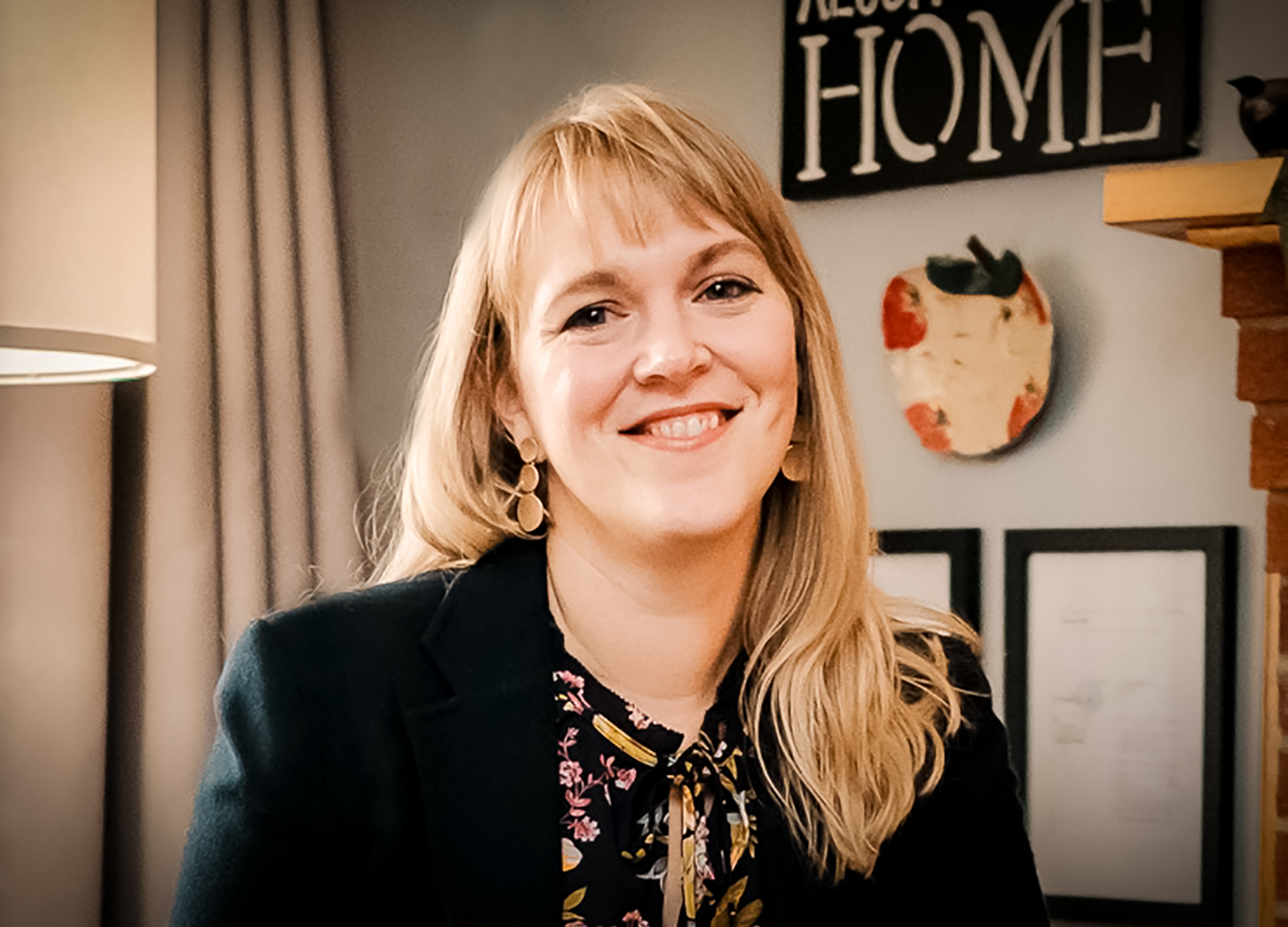

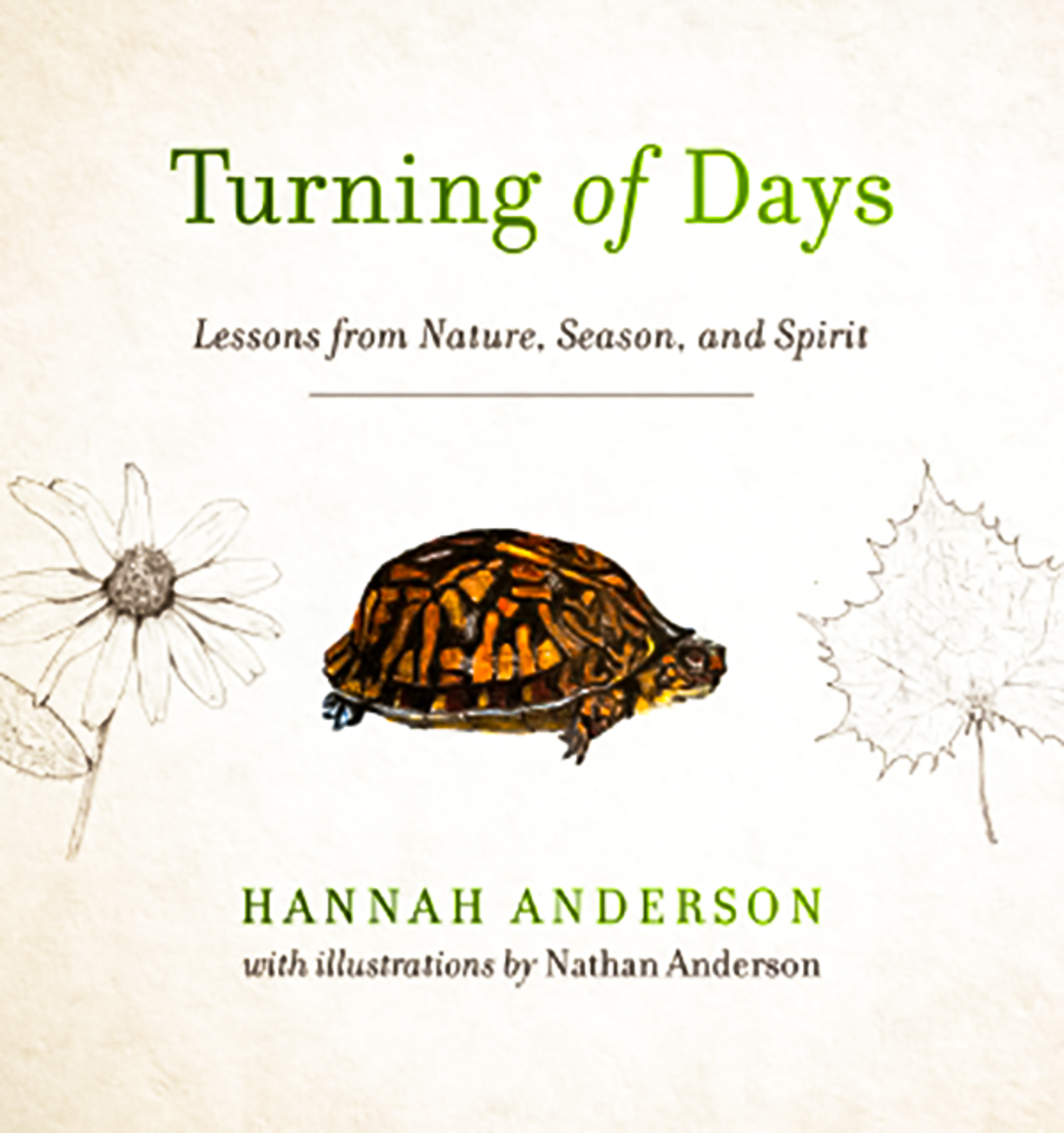
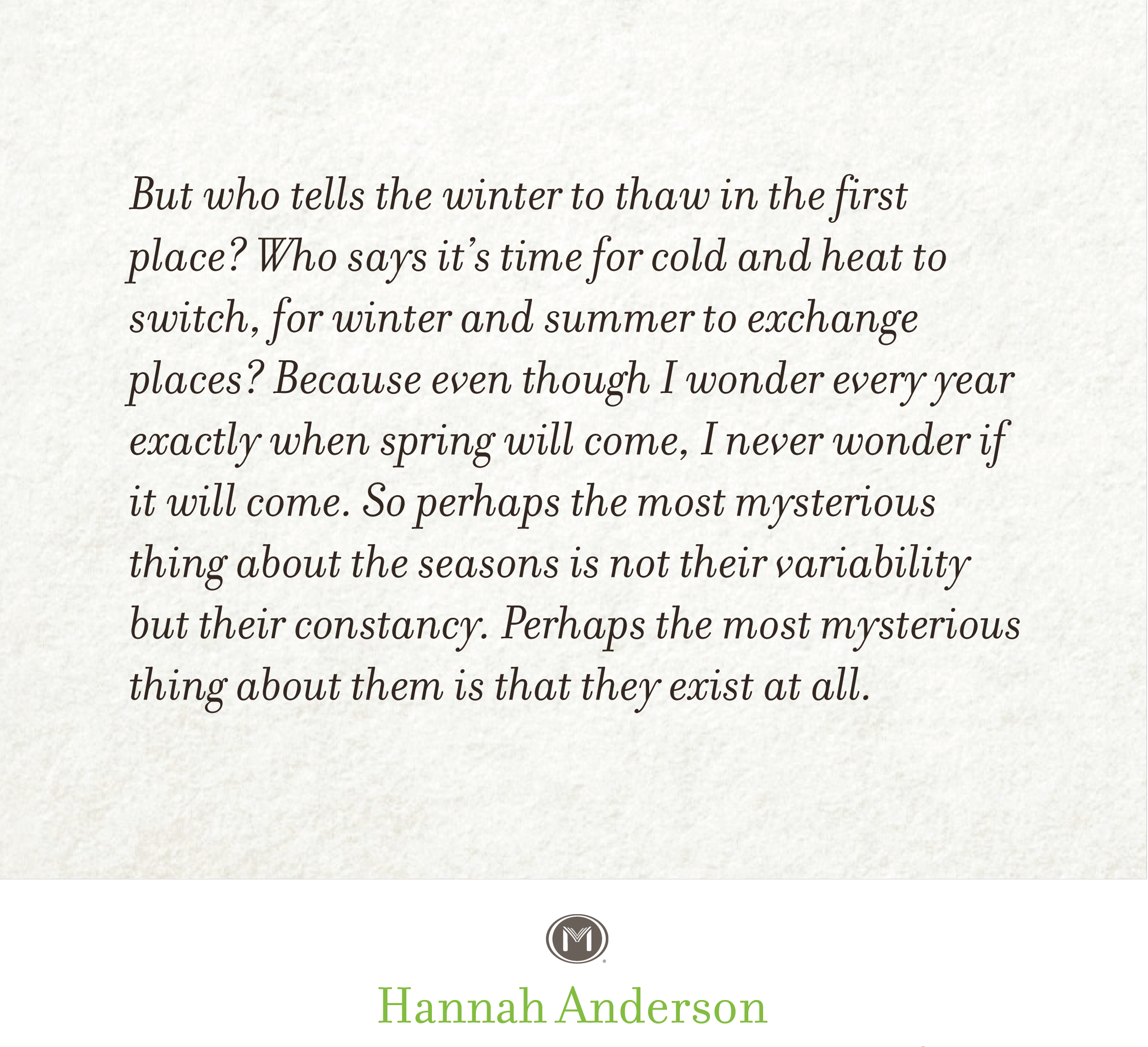
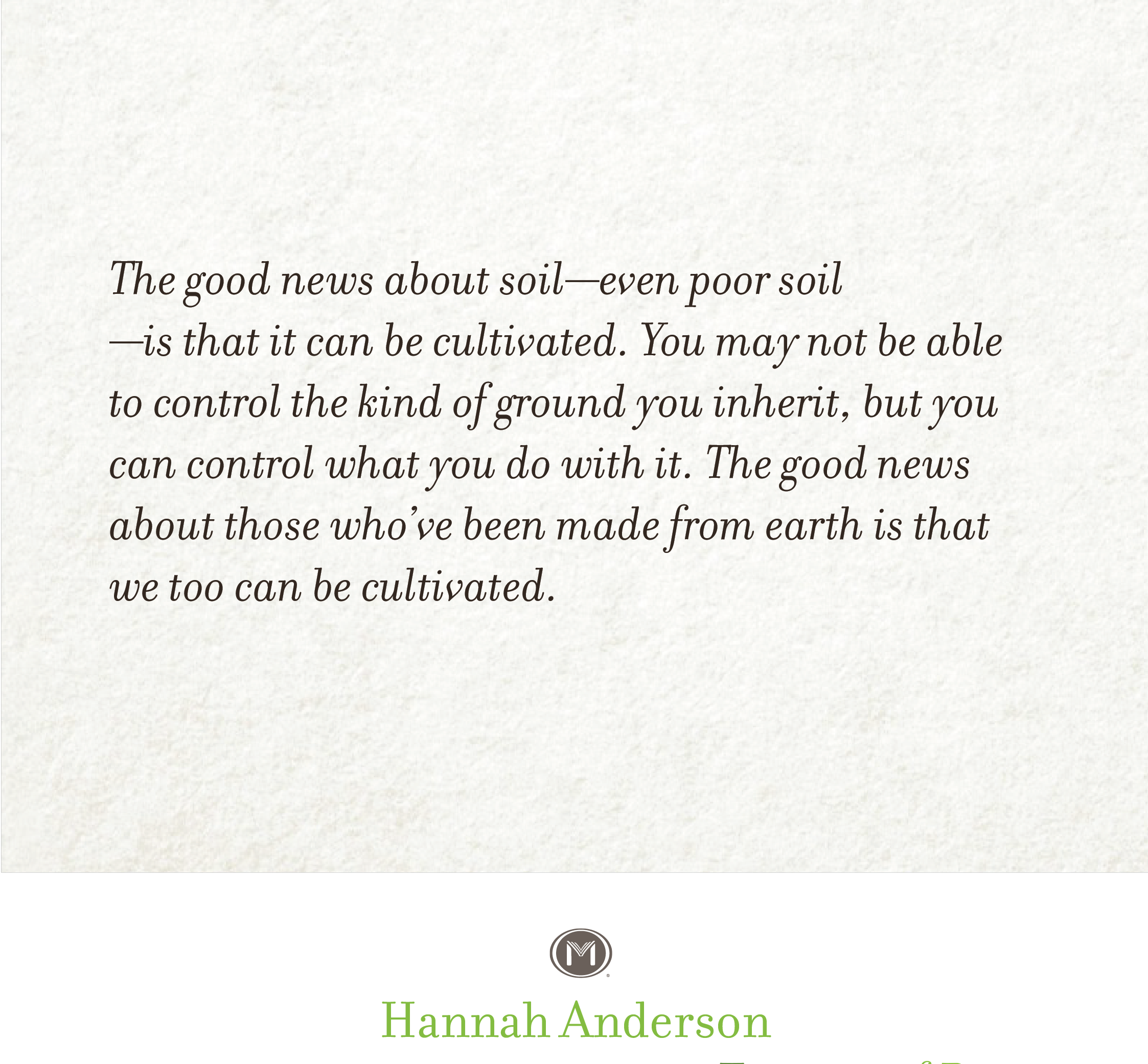
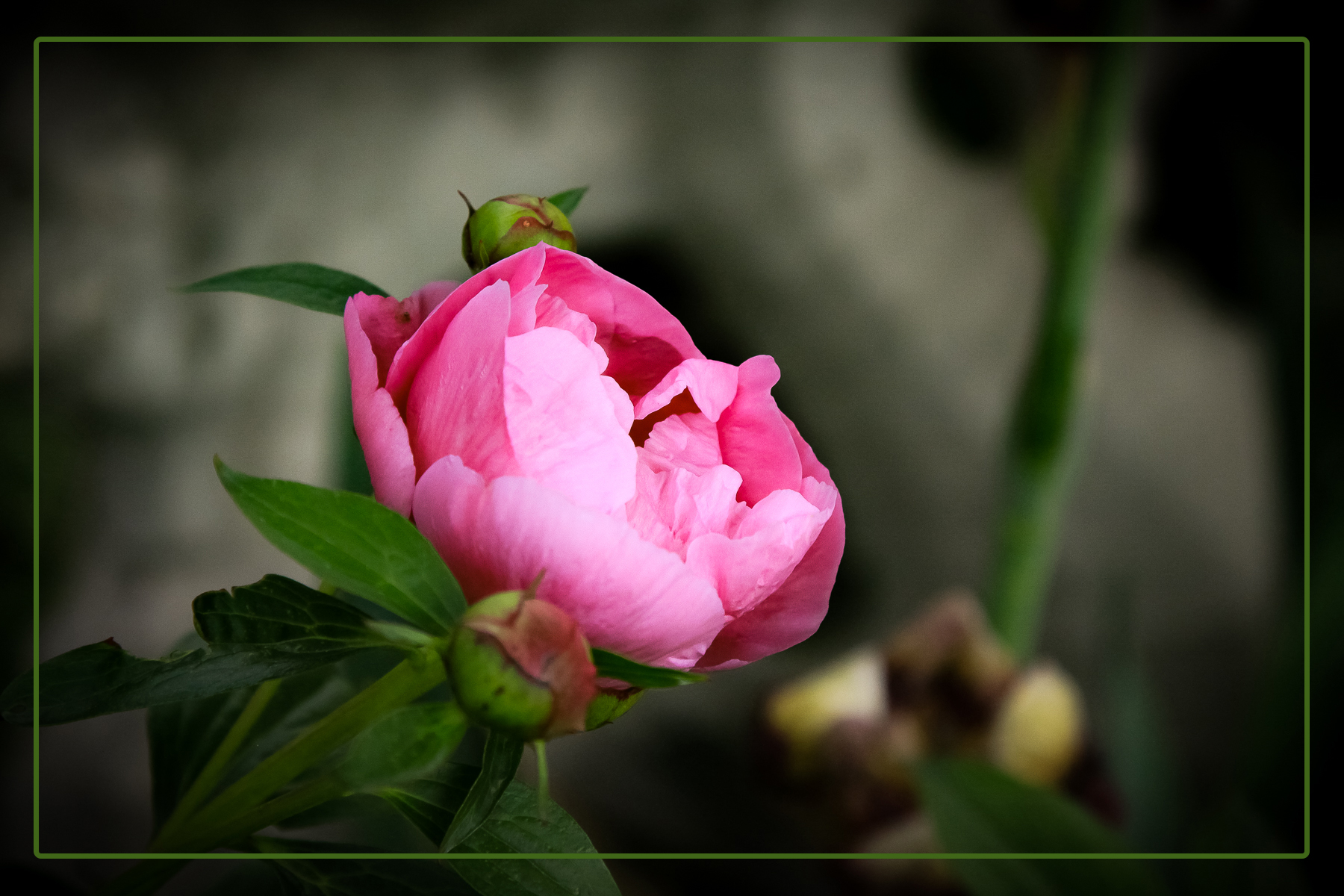
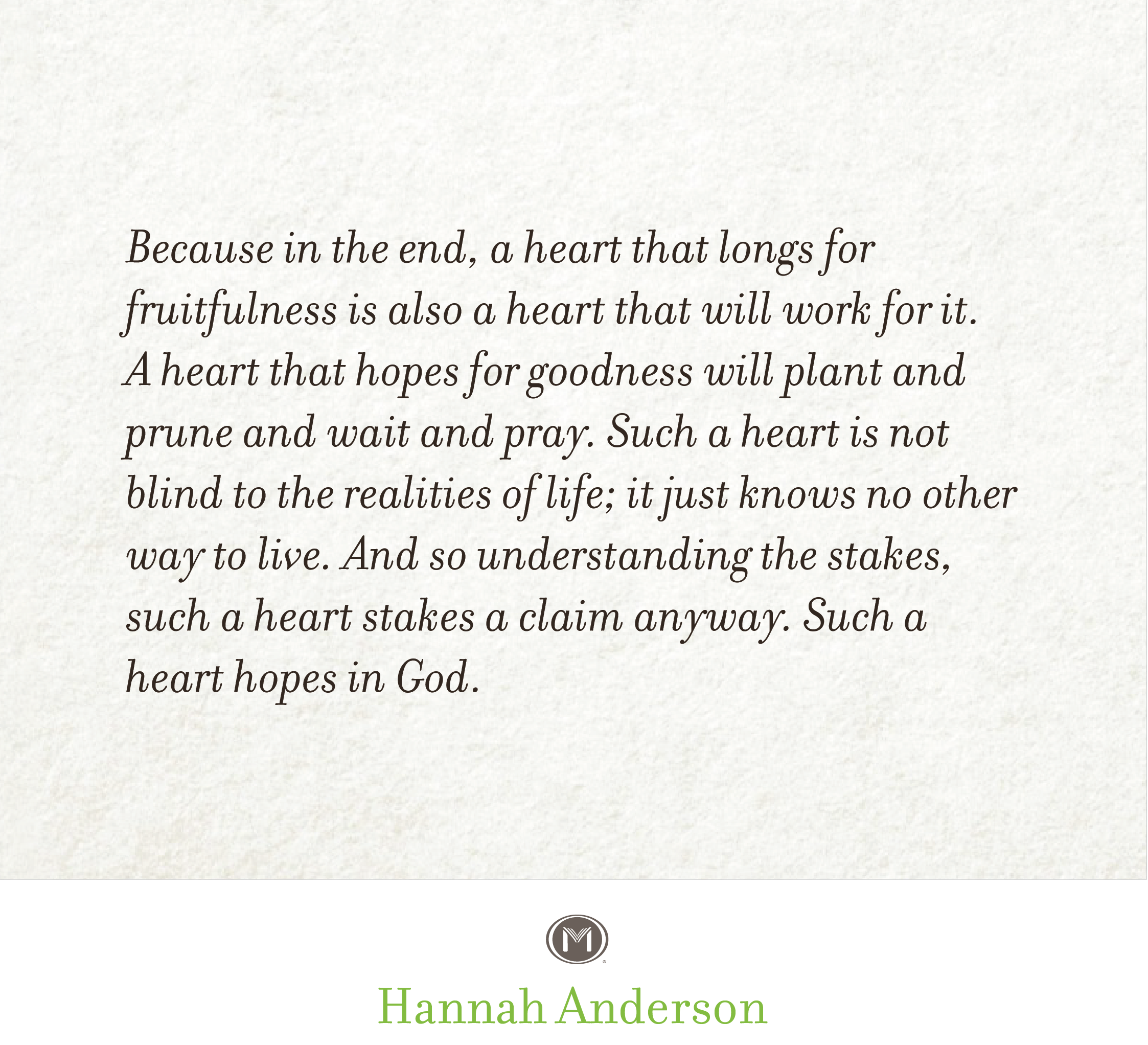
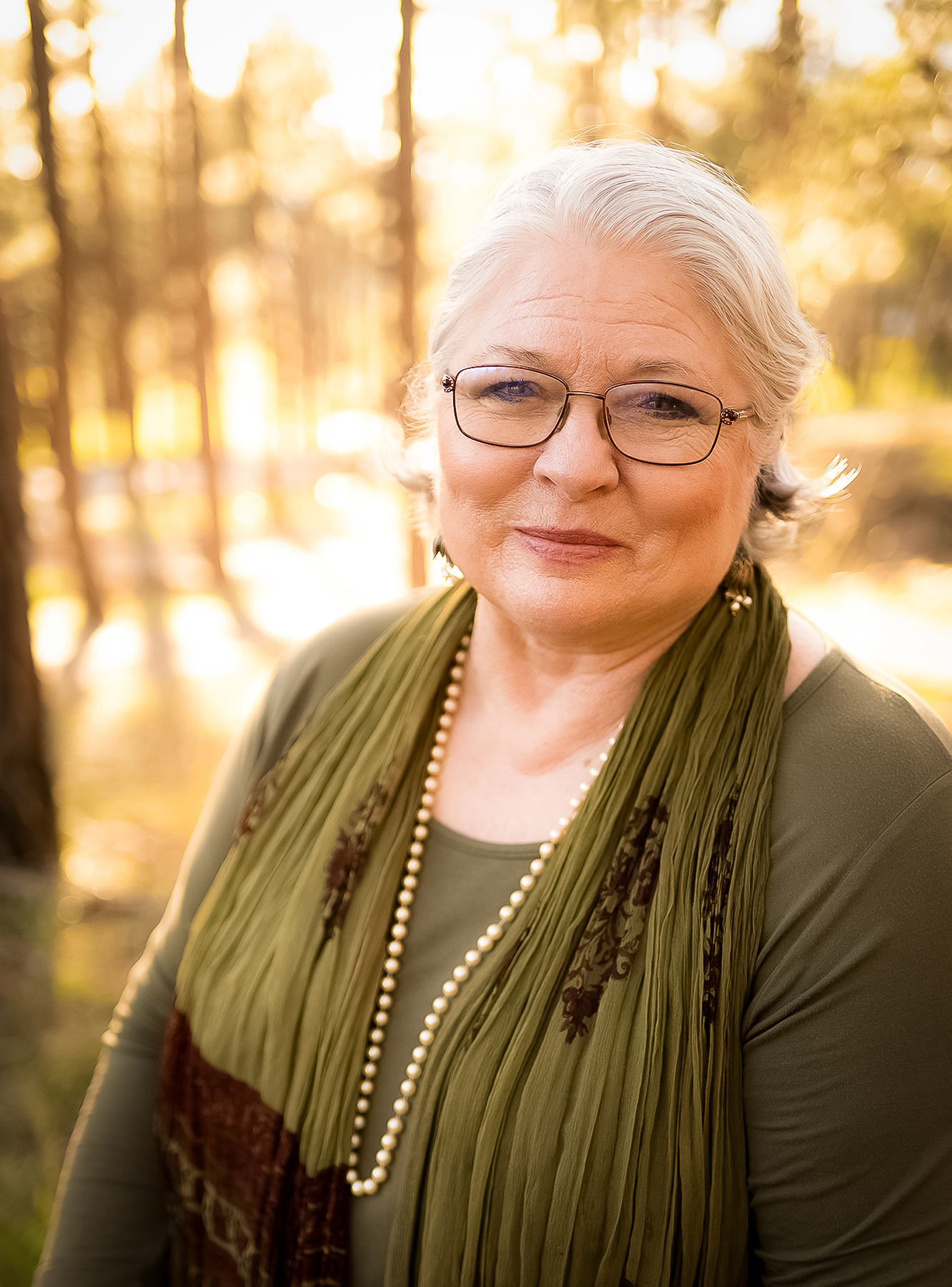
So good,
I could relate to so much in this interview!
Had the odd sense, “Oh, So that’s how I’ll be when I grow up.” (Lol!)
Also, I never cease to be struck by how good an interviewer this LES person is! 😉 Such probing yet accessible questioning.
Thank you, Denise! I’m grateful for your very kind remarks! (LES) And Hannah is flat out one of the most superb writers I know. I highly encourage you to read her, not only for her fabulous content, but also for her superb writing style and finesse. I learn something from her every time I read her.
Wonderful interview, Lancia. Hannah is a smart lady with a keen sense of the Spirit, and you have drawn her out so well with your questions. Thank you for sharing this.
Tresta, thank you so much. I admire Hannah so much, and this interview is a kind of dream come true for me. I’m so happy to share it with Cultivating. Your writing often reminds me of Hannah’s – such clarity, balance, tone, and strength.
Thanks for an inspiring and intriguing interview with Hannah!
You are most welcome, Laura. Thank you for your kind words and your attention. Hannah is a remarkable writer and beautiful voice!